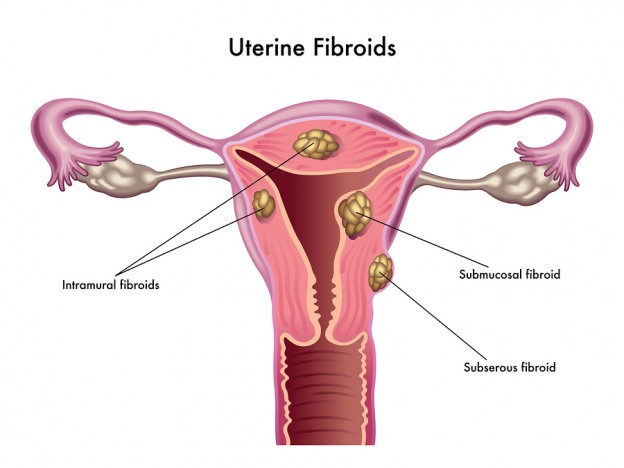There’s a new drug on the market that is a “selective progesterone receptor modulator”. What that means is that the drug moderates the effects of progesterone. I have had a couple of patients on this medication prior to fibroid surgery and for both it does seem to have shrunk their fibroid. The thinking with fibroids has always been that estrogen was the culprit causing the fibroids to enlarge and in many of the women that I’ve treated for fibroids, that has been the case. However, in some fibroid patients, that’s not the case as demonstrated by the efficacy of this drug. For these women, we need more of a progesterone moderating approach.
How can we moderate the effects of progesterone naturally, without drugs?
- Ensure a healthy balance of all of the sex hormones so that no one hormone dominates over the others. That means two main things to me: a) keep insulin levels low by avoiding processed starches and sugars and b) keep the endocrine system working optimally, that includes the ovaries, thyroid, adrenal glands, pituitary and hypothalamus.
- Vitamin B6 in it’s active state, pyridoxal-5-phosphate (P5P) modulates the cell’s capacity to respond to steroid hormones. Although some of the professional lines contain the active P5P, most vitamin supplements don’t contain the active form of B6, relying on the body’s capacity to convert the inactive pyridoxine hydrochloride into the active P5P. Source: FASEB J. 1994 Mar 1;8(3):343-9.
- Scutellaria barbata is a Chinese herb that has been shown to have progesterone moderating and anti-proliferative effects. Source: Phytother Res. 2008 May;22(5):583-90
